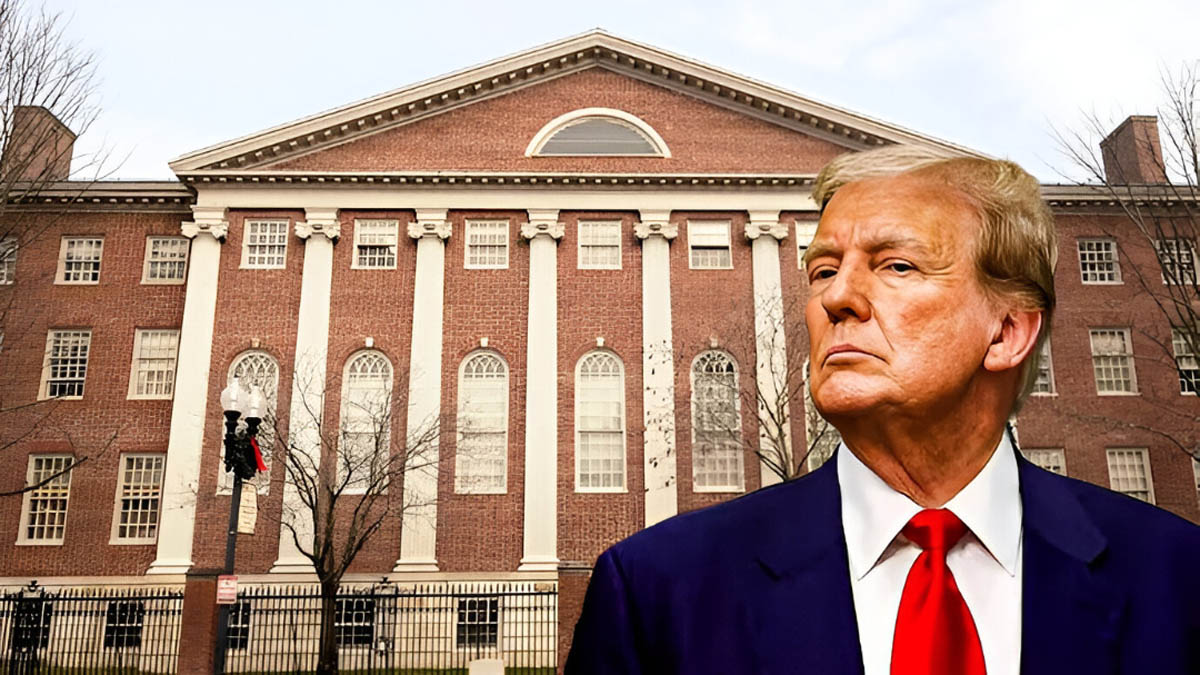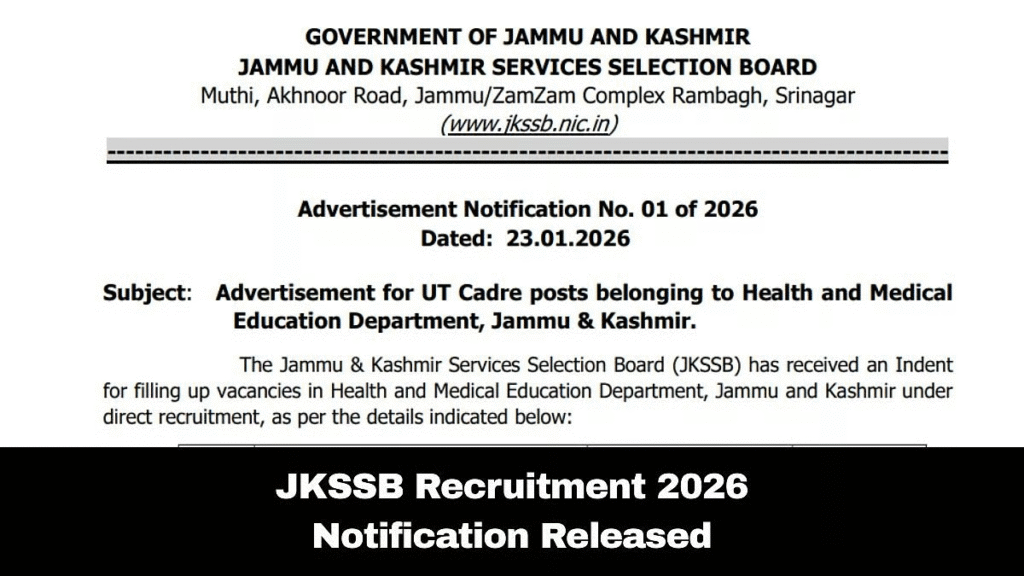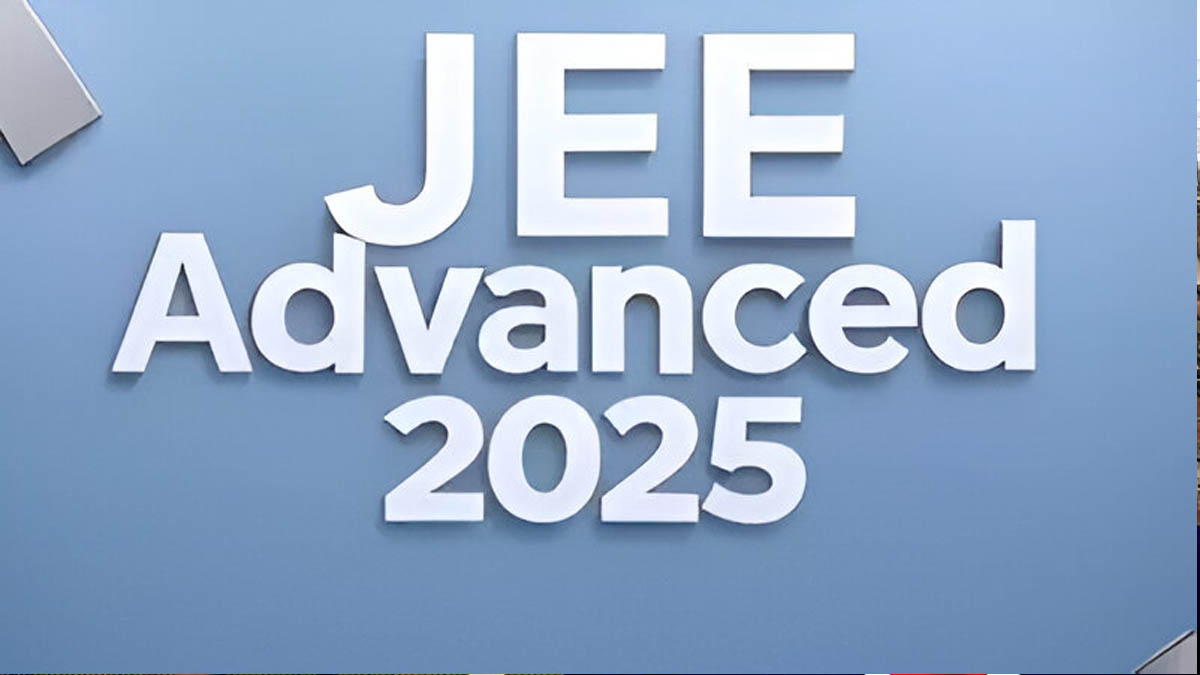Now Reading: Trump Administration Revokes Harvard’s International Student Visa Eligibility
-
01
Trump Administration Revokes Harvard’s International Student Visa Eligibility
Trump Administration Revokes Harvard’s International Student Visa Eligibility

In an extraordinary and widely condemned move, the Trump administration has revoked Harvard University‘s certification to enroll international students, effective for the 2025-2026 academic year. This unprecedented decision, announced by the Department of Homeland Security (DHS), directly impacts nearly 6,800 foreign students currently enrolled at the prestigious institution and sends shockwaves across the American higher education landscape.
The immediate consequence of this decertification from the Student and Exchange Visitor Program (SEVP) is that Harvard can no longer issue the crucial Form I-20, a document essential for international students to obtain or maintain their F-1 or M-1 visa status. For the thousands of international students already at Harvard, this means they must either transfer to another SEVP-certified institution or face the very real risk of losing their legal permission to remain in the United States. While students slated to graduate this semester will likely be unaffected, those who have yet to complete their degrees are now scrambling to navigate an uncertain future.
Homeland Security Secretary Kristi Noem, in a letter to Harvard University, cited the university’s alleged failure to comply fully with requests for records about its foreign students as the primary reason for the drastic action. Beyond administrative non-compliance, Noem’s letter also accused Harvard of “perpetuating an unsafe campus environment that is hostile to Jewish students, promotes pro-Hamas sympathies and employs racist ‘diversity, equity and inclusion’ policies.” The DHS has stated that Harvard could regain its certification if it complies with a list of demands within 72 hours, which reportedly includes providing disciplinary records for international students, along with audio and video recordings of protest activity.
An Escalation in a Broader Conflict
This isn’t an isolated incident but rather the latest and most severe escalation in a protracted standoff between the Trump administration and Harvard. The conflict intensified in April when Harvard reportedly refused to comply with federal demands to limit pro-Palestinian protests on campus and to eliminate certain diversity, equity, and inclusion (DEI) policies. Since then, various federal agencies, including the DHS and the National Institutes of Health (NIH), have significantly cut or frozen grant funding to the university, impacting critical research projects. President Trump has also publicly suggested revoking Harvard’s tax-exempt status, a move that would severely cripple the university’s ability to fundraise.
Experts in immigration law and higher education have largely called this move “unprecedented.” Sarah Spreitzer, Vice President of Government Relations at the American Council on Education, noted that she has “never seen it revoked for any reason besides the administrative issues listed in the statute.” This departure from typical administrative grounds for decertification suggests a politically motivated dimension to the action, with critics arguing it is a blatant attempt to exert federal control over the internal governance and academic freedom of private universities.
Impact on Students and the University
The human cost of this decision is immense. Nearly 6,800 international students, many in graduate programs, now face immense anxiety and uncertainty. For students from countries like India, who constitute a significant portion of Harvard’s international student body (around 788 students), the news is particularly unsettling. They have invested years of effort, significant financial resources, and their future aspirations into their Harvard education. The prospect of having to abruptly transfer to another university, potentially losing valuable credits or disrupting their research, is daunting. For those on Optional Practical Training (OPT), transferring schools could even lead to the automatic termination of their work authorization.
Beyond the immediate impact on students, the decertification poses a significant threat to Harvard’s academic and research mission. International students contribute not only to tuition revenue but also bring diverse perspectives and intellectual capital that enrich the learning environment and fuel groundbreaking research. Losing the ability to attract top global talent would undoubtedly diminish Harvard’s standing as a world-leading institution. Furthermore, the broader Massachusetts economy, which benefits significantly from the presence of Harvard and its international community, could also feel the ripple effects.
The Road Ahead: Legal Battles Expected
Harvard has strongly condemned the administration’s action, calling it “unlawful” and a direct attack on its academic and research mission. The university has already filed lawsuits challenging previous funding freezes and is expected to mount a strong legal challenge against this latest visa ban. Legal experts anticipate a prolonged court battle, and federal judges have recently demonstrated a willingness to scrutinize changes to student visa policies, suggesting that the administration’s move may face judicial pushback.
The Trump administration’s decision to target Harvard’s international student program serves as a stark warning to other universities across the nation. Secretary Noem has indicated that similar measures could be applied to other institutions, signaling a broader intent to reshape the landscape of American higher education according to the administration’s dictates. As the legal and political showdown continues, the fate of thousands of international students and the fundamental principles of academic freedom in the United States hang in the balance.










